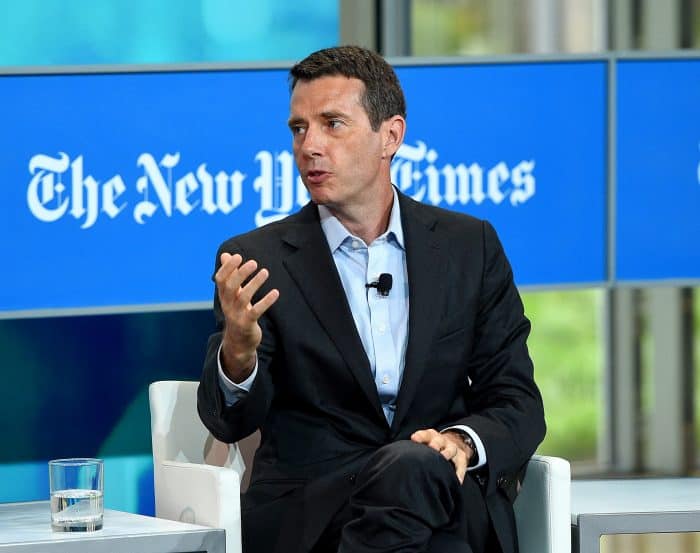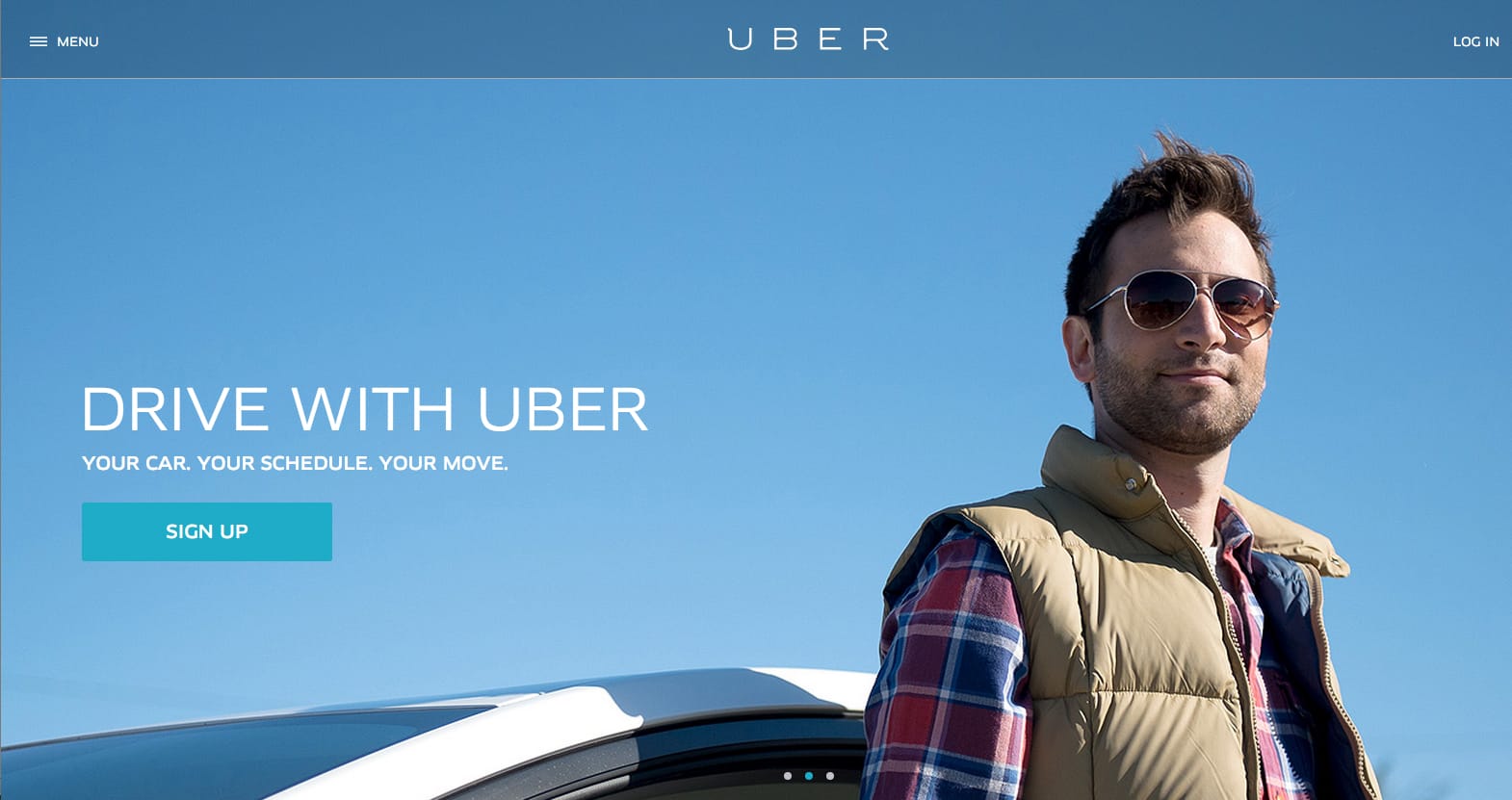See also: Uber says it will support drivers fined by police in Costa Rica
SAN FRANCISCO, California – Uber has spent more on lobbyists in the U.S. state of California than Facebook and Apple combined to fend off regulations aimed at the heart of its worldwide business model.
The San Francisco company’s lobbyists are pushing lawmakers to exempt its drivers from obtaining commercial licenses before they can ferry passengers. Uber Technologies Inc. and its biggest competitor, Lyft Inc., depend on drivers with personal licenses who use their own cars to pick up fares hailed through a smartphone app.
Uber has spent almost a million dollars since 2013 on lobbyists in California. Responsible for a million daily rides worldwide, the company is fighting from the Pacific to the Atlantic to derail efforts by regulators, lawmakers and the taxi industry to extend rules governing cabs to the nascent ride-sharing industry, including in Costa Rica.
“They hired a whole fleet of lobbyists,” said State Sen. Jim Beall, a Democrat and chairman of the Transportation and Housing Committee who opposes the measure the company wants passed. “They’re all over the place. You see them prowling around the capitol building.”
New York Mayor Bill de Blasio last month dropped a proposal to cap Uber fleets after backlash from the company, its allies and Gov. Andrew Cuomo, a fellow Democrat. In Nevada, company lobbyists in May persuaded lawmakers to let its drivers operate, including in the coveted Las Vegas market.
In the United States 54 cities and states have regulated and legitimized ride-sharing, Uber spokeswoman Eva Behrend said in an emailed statement. California is Uber’s first and biggest U.S. market. It began operating in San Francisco in 2010 and offered its widely used uberX ridesharing service in 2013, billed as “like a taxi — only quicker, cleaner and a little bit magical.”
State records show Uber paid $925,000 for lobbyists in California in the last two years. Facebook spent $412,000 and Apple Inc. paid $353,000 during that same time.
The push comes as the company is under fire from drivers who say they should be considered employees, not contractors, and from a lawsuit alleging the company does too little to ensure it doesn’t put criminals behind the wheel.
“California has been a leader and we will continue to collaborate with regulators and legislators to develop policies that protect consumers, deliver economic opportunity and benefit cities,” Behrend said.
The company last year hired David Plouffe, manager of President Barack Obama’s 2008 campaign, as chief adviser and board member. Plouffe gets celebrity treatment at the Sacramento capitol, with lawmakers stopping him to snap photos, said Gregg Cook, a lobbyist for the Greater California Livery Association, which represents limousine and bus companies.
“They’ve done a very good job in increasing their presence,” Cook said. “They’ve brought in hundreds of drivers. They bring them to public hearings in T-shirts. And they have rallies out in the state capitol grounds. So it’s a very effective strategy.”

Lyft, also based in San Francisco, has spent $362,000 on lobbying the legislature since 2013.
“A regulatory framework that encourages innovation is the reason we’ve been able to grow quickly,” spokeswoman Chelsea Wilson said in an emailed statement. “We’ll continue to work to educate policymakers in Sacramento.”
Uber and Lyft are backing legislation that would let the companies charge split fares for shared rides and a bill that would exempt its drivers from having to get commercial license plates, which cost an additional $8 to $80 a year. Uber is also supporting a bill requiring the companies to participate in a Department of Motor Vehicles program to check driver records.
“When we looked at this, we talked to Lyft and Uber,” said Assemblyman Evan Low, a Democrat who introduced the licensing bill. “They did give insights on the language once drafted.”
Some lawmakers say Uber is skirting rules that apply to similar businesses.
“In California, we allow them to operate for free while we require many other businesses to pay for permits, franchising fees and licenses,” said Assemblyman Adrin Nazarian, the sole vote against Low’s measure in May. “It’s beyond ridiculous what they’re getting away with.”
Nazarian, a Democrat, proposed requiring ride-sharing company drivers to get background checks and drug testing.
“The bill was shelved because we didn’t have the votes, and we didn’t have the votes because Uber and Lyft spent a lot of time, energy and money lobbying against it,” said Dan Savage, Nazarian’s chief of staff.
Last year, Uber attacked when a bill setting insurance coverage requirements for drivers neared passage.
Company lobbyists had already prompted changes to the measure through months of talks with Assemblywoman Susan Bonilla, the bill’s author. Then, they changed course to oppose it, the lawmaker said in an interview.
They sent mailers to voters in a district where Bonilla was planning to seek a Senate seat, accusing her of “leaving consumers and entrepreneurs on the curb.”
“I was shocked,” said Bonilla, a Democrat. “It clearly was meant to pressure me and other legislators through intimidation, and no one appreciated it.”
The bill passed, and Bonilla lost the May election.
© 2015, Bloomberg News






